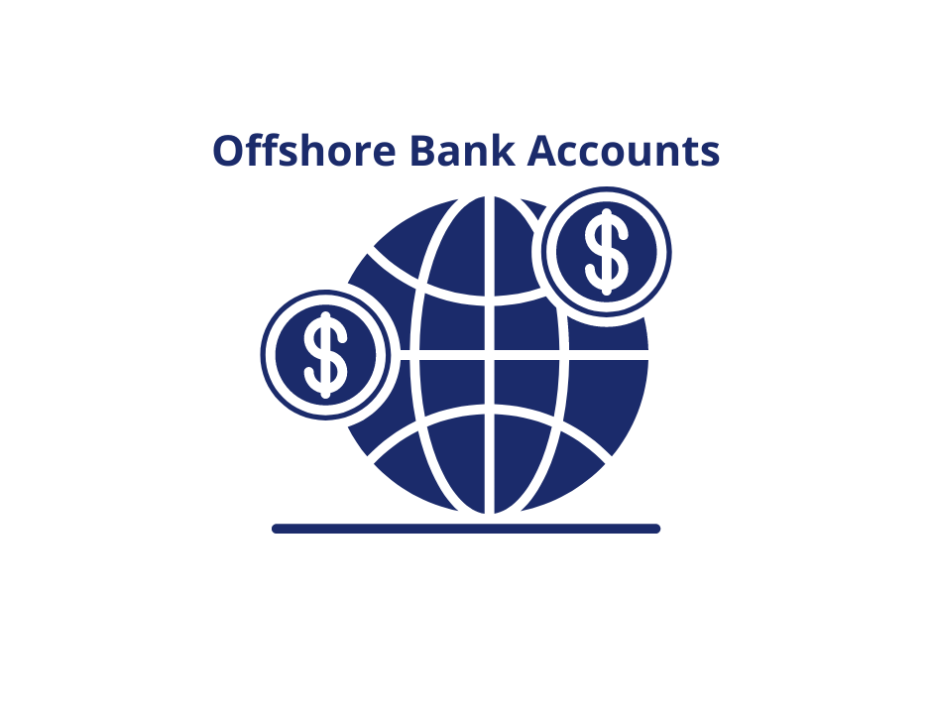Offshore Company Formation: Structure Your Organization Beyond Boundaries
Offshore Company Formation: Structure Your Organization Beyond Boundaries
Blog Article
Recognizing the Lawful Effects of Offshore Company Development

Lawful Framework for Offshore Business
When establishing an overseas company, understanding the lawful structure regulating its development and operation is vital for conformity and threat monitoring. Offshore firms operate under particular legislations and guidelines that differ from those of onshore entities. The lawful structure for offshore business commonly includes arrangements for company enrollment, shareholder needs, director obligations, and tax obligations.
Company registration includes submitting the essential documentation to the ideal regulative authorities in the selected jurisdiction. This process usually needs comprehensive info about the firm's structure, shareholders, and intended tasks. Additionally, offshore firms need to comply with specific investor demands, such as maintaining a register of shareholders and keeping this info as much as date.
Supervisors of overseas business have fiduciary tasks to act in the most effective interests of the business and its investors. They are accountable for looking after the business's procedures, making certain compliance with all appropriate laws, and handling threats properly. Understanding the tax obligation commitments of an overseas business is important to prevent any potential lawful problems. By sticking to the legal structure controling offshore firms, companies can operate with self-confidence while reducing legal dangers.


Tax Obligation Implications and Regulations
Understanding the tax obligation implications and policies is critical when thinking about the establishment and procedure of an offshore business. Offshore business are commonly subject to favorable tax regimens, offering decreased or absolutely no tax rates on foreign-earned revenue.
Tax regulations for overseas business vary dramatically across jurisdictions, and it is essential to look for skilled suggestions to recognize the certain requirements and responsibilities. Thorough knowledge of tax obligation regulations and laws, as well as correct tax obligation planning, are essential to make certain the compliant and effective operation of an overseas firm.
Compliance Requirements and Coverage
Making certain compliance with regulative demands and preserving accurate reporting are vital aspects of managing an overseas business successfully and transparently. Offshore companies have to adhere to the legislations and regulations of both the territory in which they are integrated and any kind of other relevant territories where they carry out business.
In addition to regulatory conformity, overseas business are usually based on reporting demands to ensure transparency and avoid prohibited activities such as cash laundering or tax evasion. Coverage commitments may entail divulging information regarding the firm's possession framework, monetary activities, and recipients. This info might require to be shown to regulatory bodies, tax authorities, or other governmental firms, depending on the jurisdiction.
Keeping exact and complete documents is critical for showing compliance and reacting to any type of inquiries or audits effectively. Offshore firms must carry out robust reporting systems and internal controls to guarantee that they meet all lawful needs and run with stability.
Property Defense and Privacy Regulations
In the realm of overseas firm development, an essential factor to consider is the interaction in between possession defense strategies and privacy regulations. Offshore territories usually offer boosted property security systems that protect possessions from potential dangers such as suits, lenders, or political instability in the home nation. By structuring properties within an offshore company, people can safeguard their wealth and expand their holdings throughout various legal frameworks. Furthermore, personal privacy regulations in overseas jurisdictions contribute to keeping confidentiality and privacy for business owners. These laws restrict the disclosure of delicate info, making it testing for external celebrations to accessibility details about the business's operations or possession structure. This level of personal privacy can be useful for individuals looking for to shield their possessions from public examination or rivals. It is vital for individuals to browse these laws fairly and transparently, making sure compliance with both offshore policies and the lawful needs of their home nation. Eventually, recognizing the intricate partnership in between property protection approaches and personal privacy legislations is vital when considering offshore company development.
Obstacles and dangers to Think about
When venturing into offshore firm formation, prudent consideration of prospective dangers and difficulties is necessary for notified decision-making and tactical preparation. Additionally, political instability or adjustments in overseas jurisdictions can posture a threat to the continuity of operations and the defense of properties held by the offshore business.
Difficulties may also arise concerning the intricacy of overseas business structures and the his response demand for skilled legal and monetary guidance to browse the detailed governing frameworks of various jurisdictions (offshore company formation). Keeping conformity with differing global laws and guidelines, in addition to potential language barriers and cultural differences, can even more complicate the overseas firm development procedure. It is important to be mindful of these risks and obstacles prior to proceeding with overseas company development to reduce potential risks and make certain a smooth and legitimately audio establishment
Verdict
In conclusion, offshore firm formation involves navigating complex lawful frameworks, tax ramifications, compliance demands, and privacy laws. Comprehending these facets is vital for minimizing difficulties and risks connected with overseas service operations. It is essential for companies and individuals considering offshore firm formation to seek expert assistance to guarantee compliance with laws and to safeguard their properties successfully.
The legal structure for overseas business normally consists of stipulations for firm registration, shareholder demands, director duties, and tax obligations.
Supervisors of offshore business have fiduciary obligations to act in the finest rate of interests of the firm and its shareholders. By adhering to the legal structure regulating overseas business, companies can run with self-confidence while decreasing legal risks.
In addition, political instability or modifications in overseas jurisdictions can present a risk to the continuity of operations and the defense of possessions try here held by the offshore business. - offshore company formation
In verdict, overseas company formation entails browsing intricate see it here lawful frameworks, tax obligation ramifications, conformity needs, and personal privacy regulations.
Report this page